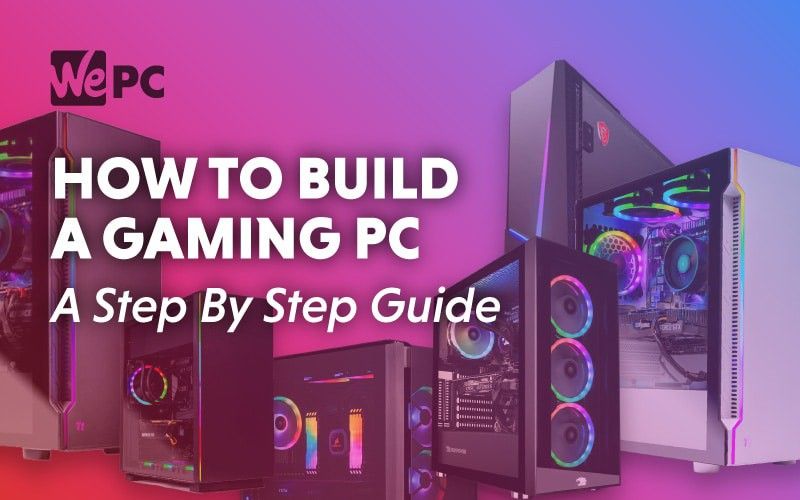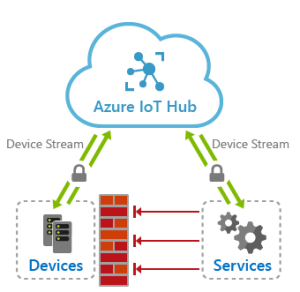
How to Choose a Gaming Computer: A Beginner’s Guide
Introduction
Gaming has become a popular hobby for many, and having a reliable gaming computer is essential for an optimal gaming experience. For beginners who are new to the world of gaming computers, choosing the right one can be overwhelming. This guide will walk you through the key factors to consider when selecting a gaming computer.
1. Determine Your Budget
Before delving into the various features and specifications of gaming computers, it’s important to establish your budget. Gaming computers range in price significantly, and setting a budget will help narrow down your options and ensure you’re not overspending.
2. Identify Your Gaming Needs
Understanding what types of games you intend to play will also help in choosing the right gaming computer. Different games have varying system requirements, and you’ll want to ensure your computer can handle the demands of your favorite games. Consider the graphics, processing power, and RAM requirements of the games you are interested in.
3. Choose Between Desktop and Laptop
Gaming computers come in both desktop and laptop form factors. Each has its own advantages and disadvantages, so it’s important to assess your needs and preferences. Desktop computers generally provide better performance and upgradability, while laptops offer portability and convenience.
4. Processor and Graphics Card
The processor and graphics card are two crucial components of a gaming computer. The processor, commonly referred to as the CPU, handles all computations for your computer. Look for processors with higher clock speeds and multiple cores for smoother gaming performance.
The graphics card, or GPU, is responsible for rendering graphics in games. It determines the quality and smoothness of visuals. Look for graphics cards with dedicated VRAM and higher performance ratings to enhance your gaming experience.
5. RAM and Storage
Random Access Memory (RAM) is essential for gaming computers as it affects the overall speed and performance. Aim for at least 8GB of RAM, although higher capacities will be beneficial for more demanding games.
In terms of storage, gaming computers typically use a combination of Solid-State Drives (SSD) and Hard Disk Drives (HDD). SSDs provide faster loading times for games, while HDDs offer larger storage capacity at a more affordable price. Consider a combination of both for optimal performance and storage space.
6. Display and Refresh Rate
The display is crucial for an immersive gaming experience. Look for monitors with high resolution and refresh rates. Higher refresh rates, such as 144Hz or 240Hz, will provide smoother motion and reduce screen tearing while gaming.
7. Cooling and Upgradability
Gaming computers can generate a significant amount of heat, so proper cooling is important to avoid overheating. Look for systems with efficient cooling solutions, such as multiple fans or liquid cooling, to keep your computer running at optimal temperatures.
Lastly, consider the upgradability of your gaming computer. Technology advances quickly, and being able to upgrade components in the future can extend the lifespan of your system. Ensure the computer has available expansion slots and compatible components for future enhancements.
Conclusion
Choosing the ideal gaming computer may seem daunting, but by following this beginner’s guide, you’ll have a better understanding of what to look for. Remember to consider your budget, gaming needs, processor, graphics card, RAM, storage, display, cooling, and upgradability when making your decision. With the right gaming computer, you’re one step closer to an immersive and enjoyable gaming experience.

